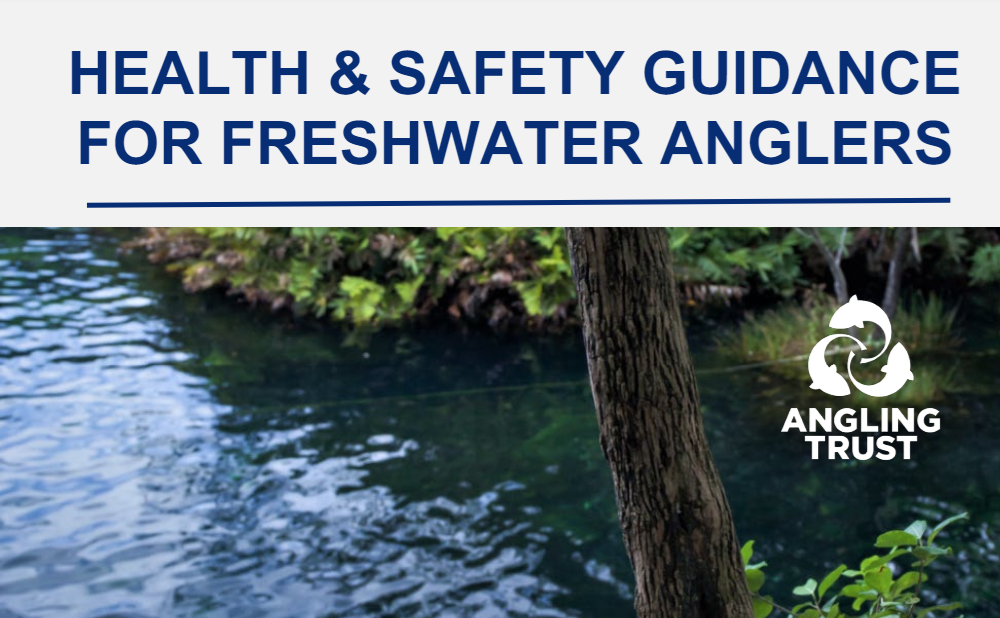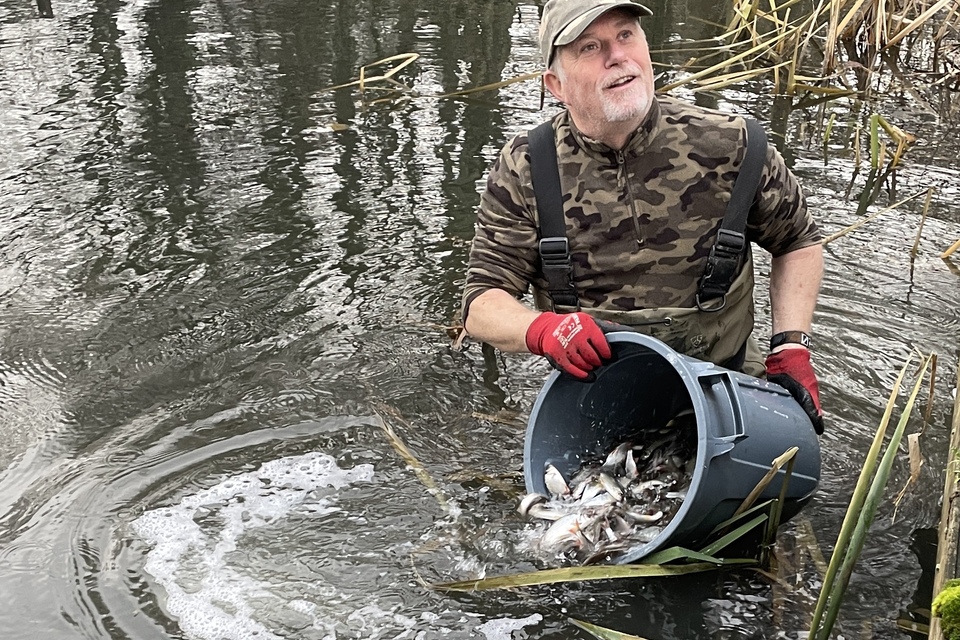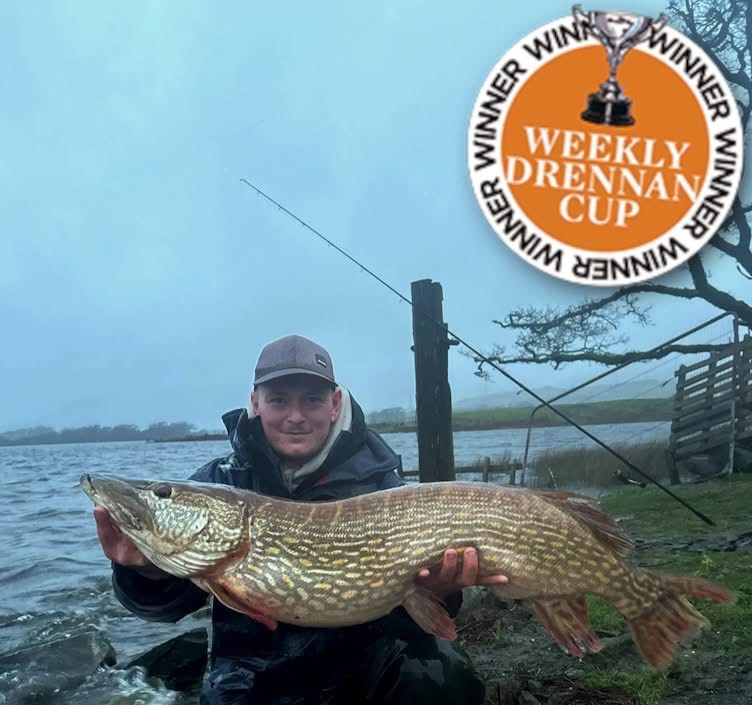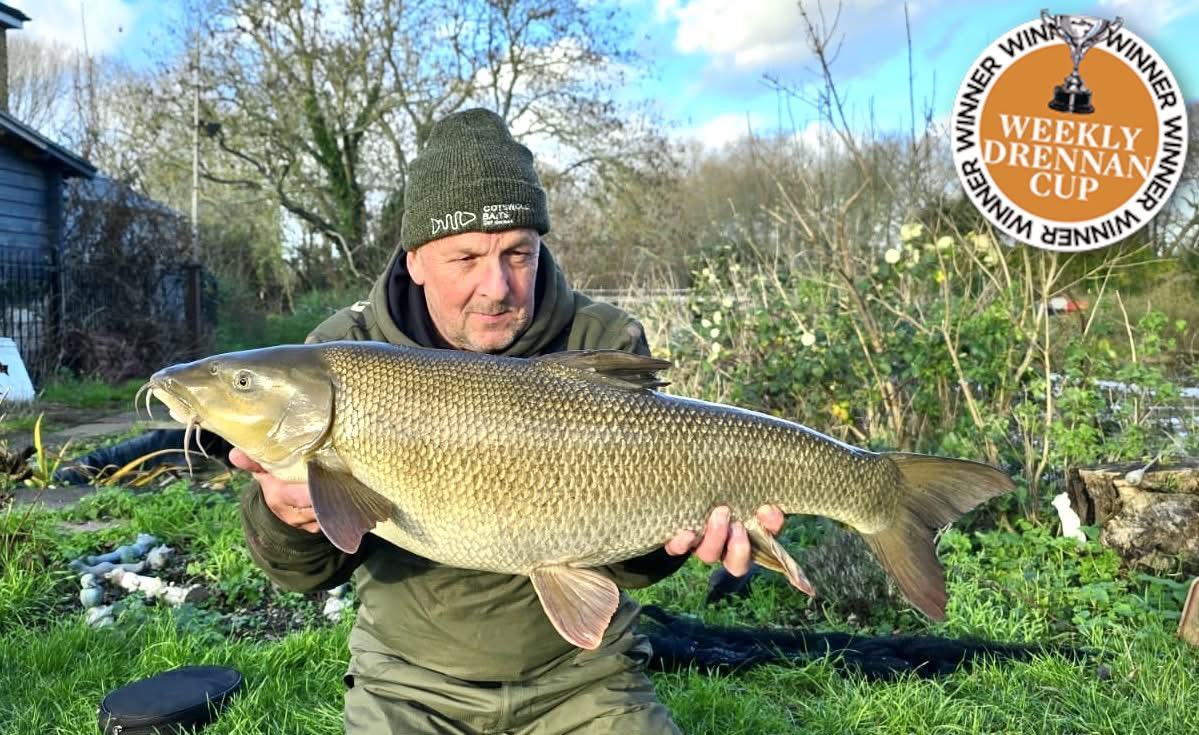The Angling Trust is issuing urgent advice after angler Mark Erdwin became seriously ill after a session on the River Blackwater, a tributary of the River Thames.
Mark was rushed to hospital after becoming violently ill and collapsing and was found to be suffering from the deadly E. coli bacteria.
Mark told ITN: “I feel we’re at a tipping point with the rivers where any users whether they’re anglers, paddle boarders or dog walkers, could fall ill enough to die.”
He usually uses a hand sanitiser before eating his lunch, but had forgotten to refill it.
“I was hungry so when I got back to the car I stupidly had a bite to eat. In over thirty five years of fishing I’ve never become ill like that, so there is reasoning to suggest water quality has become poor,” he added.
The Angling Trust is blaming Thames Water.
A spokesperson for Thames Water said: “The health of our rivers is affected by many factors, including industry, wildlife, runoff from roads and farms, and discharges from sewage systems. Everyone has a critical role to play.
“Government advice is that rivers and other open water locations that are not designated as bathing waters are managed for the purpose of protecting fish and wildlife, not people, so health risks from using these locations may be higher than at designated bathing waters.”
With pollution in our rivers continuing to cause concern, the Angling Trust has issued new advice for freshwater anglers to help ensure safe fishing.
Our “Health & Safety Guidance for Freshwater Anglers” is a fully comprehensive guide to fishing safely and covers all aspects of freshwater angling including minimising the risk of becoming ill due to sewage in our waterways. It also outlines six simple steps every angler can follow to avoid contact with harmful bacteria, such as E. coli.
The six steps are:
Never put wet lines in your mouth or any other items of tackle that have been in the water.
Wash your hands with soap and water or use a sanitiser before eating and after fishing.
Cover any cuts and grazes with waterproof plasters before fishing.
Clean any wounds as soon as possible and wear protective clothing.
If you do fall in, keep your mouth closed and avoid drinking water.
Shower as soon as possible if you’ve been in potentially infected water.
Fishing is about the joy and benefits of being in beautiful places, if anglers follow our guide they can do this safely and continue to enjoy our wonderful sport.
“Illnesses caused by contact with sewage pollution in rivers are increasingly common and of great concern,” said Kris Kent, who runs the Water Quality Monitoring Network initiative which now tests samples from more than 200 rivers and forms a key part of the Angling Trust’s Anglers Against Pollution campaign.
“Anglers should not expect to become ill when they go fishing but water testing by clubs has revealed worryingly high levels of harmful bacteria and viruses which can present a significant risk to human health. Excessive nutrient levels also contribute to algal blooms which can be highly toxic. We need to end the discharge of untreated sewage into our rivers and seas and adhere to the Farming Rules for Water to stop the inappropriate spreading of slurry, both of which put anglers’ health at risk.”
The Health & Safety Guidance also provides information for anglers to familiarise themselves with the symptoms of gastrointestinal illnesses such as Hepatitis A, Salmonella, E. coli and Giardiasis. It also includes advice on avoiding risks when fishing, such as taking extra care on steep banks, avoiding fishing near power lines and only wading when it is safe to do so.





